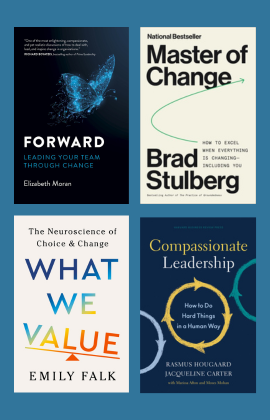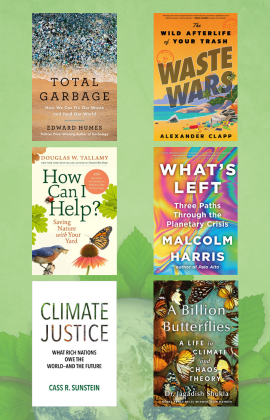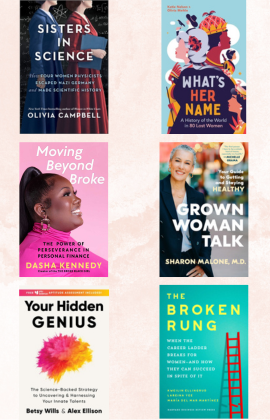
Failure. Chances are you, like most people, don’t find comfort in the word. It evokes pessimistic emotions that pile so high it’s hard to see any positives over the enormity. We’re expected to view failure negatively. Why wouldn’t we? We’ve posited failure at the far end of the spectrum from success until it feels impossible to achieve your goals if failure riddles your path. However, to grow professionally and personally, failure is not only a present factor; it’s essential to the process.
Take Peter Done, Group CEO and founder of business services specialist Peninsula Group, for instance. He built his now global business on a failure that spurred him into action. He explains he noticed an opportunity in the market after losing an employment tribunal case. Yet, even after he started his company, built on “a solid idea and product,” success was out of his reach for the first few years. Failure cropped up like pesky potholes, but he navigated them one at a time, learning from each and growing his company and himself from the lessons.
There are thousands of stories like Done’s. Millions of mistakes, failures, and setbacks that, once overcome, propelled people into unforeseen success. So, why is it so hard to stomach the possibility of failure and to lean into the lessons it may provide?
The most obvious reason is we’ve become close-minded to any type of failure. We tell ourselves failure is antithetical to what we’re working toward, and we must avoid it at all costs. Reworking this thought process can be tricky but not impossible. We must turn to a version of ourselves that was limitlessly open-minded and curious about what the world had to offer.
When we are children, curiosity coats our brains like food coats our clothes. We are open to anything and everything, no matter how or when we fail, because each day brings new learning experiences. In a conversation with Rommel Wood, Rachel Wu, associate professor of psychology at the University of California, Riverside, said, “It’s easier for kids and babies to learn new things because their whole lives are centered on learning. Babies are incredibly open-minded.” Failure, as we see it, is not failure to them. It’s simply part of the learning process. Wood sees this in her 3-year-old daughter, who, after a few years of practice, can now turn on the lights unassisted. Her short stature and untuned motor skills didn’t deter her; every failed attempt was something to learn until she achieved her goal.
Manu Kapur, Director of the Singapore-ETH Center and Professor of learning sciences and higher education at ETH Zurich, calls this learning process productive failure. To explain productive failure, Kapur imagines two groups of children, both of which he presents with a toy. To group one, he shows them exactly how to use the toy; to group two, he does not. From this thought experiment, we deduce that group two would engage at a higher level and “invent more strategies to figure out how the toy actually works” because they were given the space to be curious and, of course, the means to fail. They failed over and over again until they succeeded. Productive failure, safely, introduces “ambiguity, uncertainty, and failure to induce exploration…to induce engagement. So that you can take that opportunity, work on your curiosity and failure to figure something out.”
Much like the minds of our youth and our children, Kapur teaches welcoming mistakes and transforming them into the foundation of learning. Peter Done and so many others like him are proof it’s possible, and chances are your own experiences reflect that. Maybe your failures didn’t lead to global companies, but every setback, every obstacle, every defeat, no matter the size, honed your skillset to what it is today.
Hooks Book Events aims to encourage this growth mindset for you and your whole company. Our author events provide a unique environment for your workforce to gain insight into how failure can empower and propel each member of your team to success. Your staff will interact with internationally revered thought leaders and network with colleagues while sharpening their critical thinking skills. We believe that the learning possibilities are endless when you open your mind to curiosity.
Sign up for our Know Ahead List today, and let us help you change your view on failure in 2024.



